Controversial new rules dubbed the “farm tax” are aimed at shutting down a loophole exploited by wealthy landowners – not at traditional family farms, according to a Fife Labour MP.
Graeme Downie set out a defence of the policy which was protested by thousands of farmers in London on Tuesday, including Jeremy Clarkson, who previously boasted he bought land to benefit from generous tax breaks.
Agricultural property has been passed on to heirs tax-free for decades, but a 20% tax on estates over a set threshold will now be payable over 10 years.
Mr Downie, the Dunfermline and Dollar MP, explained his support for the move announced in last month’s budget and highlighted official figures which suggest the changes would affect fewer than 500 estates.
Loud mouth opinion drowning out local farmers, MP says
Farmers’ union the NFU says this is a “best case scenario” and assumes the majority will make full use of the other tax exemptions open to them.
The Scottish Government has also opposed the rule change, which First Minister John Swinney said was having a “chilling effect” on Scottish farming.
In an interview with The Courier, Graeme Downie accused TV presenter Jeremy Clarkson, who led thousands in protest at the move, of drowning out reasoned debate for his “own motives”.
In 2021, Mr Clarkson, who fronts Amazon Prime’s “Clarkson’s Farm”, told a newspaper that avoiding inheritance tax of up to 40% was “the critical thing” in his decision to buy land.
“That kind of loudmouth opinion is drowning out the voices of actual farmers on the ground,” Mr Downie said.
“We need to make sure this debate is not dominated by people who were buying up farmland as a way of avoiding tax.”
The MP has pledged to listen to concerns raised by local farmers and the National Farmers’ Union of Scotland.
“If they’ve got new information that contradicts or says this policy is not in the right area I want to hear it,” he added.
Policy change ‘aimed at those avoiding tax by buying farmland’
Mr Downie said Labour has tried to adapt the policy to make sure it protects family farms “as best we can”.
He added: “That’s the important thing, that where we’ve got a policy that is aimed at those avoiding tax, we’re making sure we are backfilling measures that protect family farms.
“Certainly the farmers I’ve spoken to directly in West Fife, once that’s been explained, they feel that’s helpful and perhaps they might not be included.”
What do the new rules mean for farmers?
Last month’s budget included reforms to agricultural property relief to inheritance tax, which applies when farmers and landowners pass farmland to the next generation, and business property relief, which relates to business assets that are part of the estate.
Opponents say it will force cash-poor family-owned enterprises to sell up as they struggle to afford tax bills when land is passed on.
However, the government says other tax exemptions mean that even those with farms worth over £1 million will be able to avoid paying out.
Dan Neidle – founder of the independent Tax Policy Associates – highlighted that, like the rest of the population, there is no inheritance tax to be paid on the value of property up to £325,000, bringing the untaxed total to £1.325m.
And if a farmer is married, their spouse would be able to pass on another £1.325m tax free, meaning their heir would benefit from a total untaxed amount to £2.65m.
In 2021-22, Treasury figures show just 117 inherited farms were worth over £2.5m, meaning the vast majority would have avoided paying any death duties.
Environment Secretary Steve Reed suggested that wealthy landowners who are the target of the tax change could plan to minimise their exposure.
He said: “The only ones that will be affected – it will be around 500 – will be the very wealthiest or the biggest farms.
“They can plan their tax affairs just like any other business plans their tax affairs as well.”
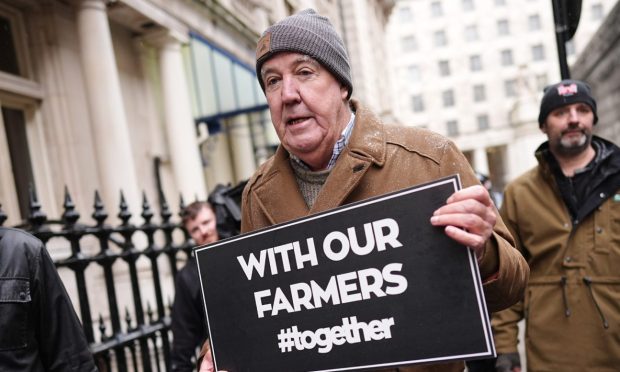

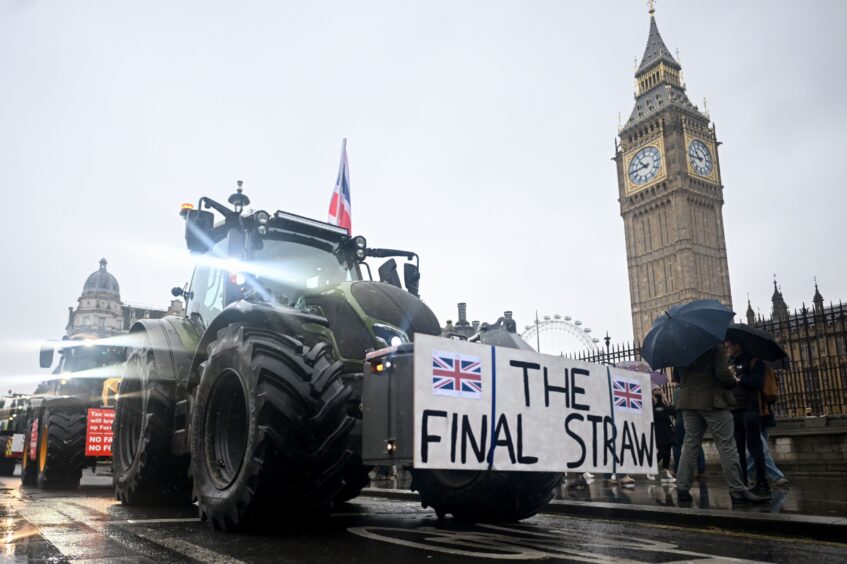
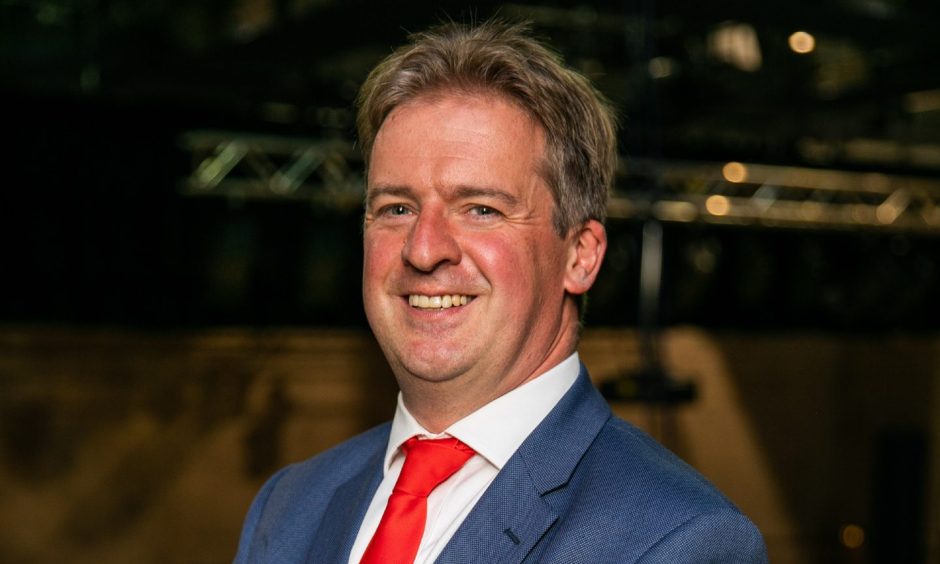




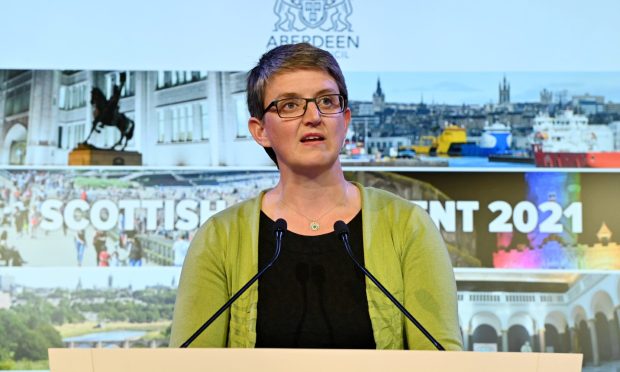




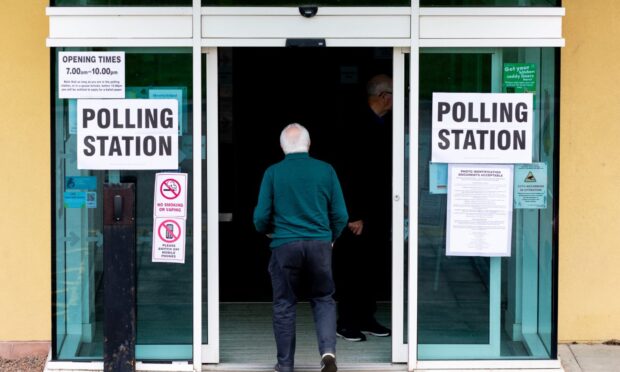
Conversation